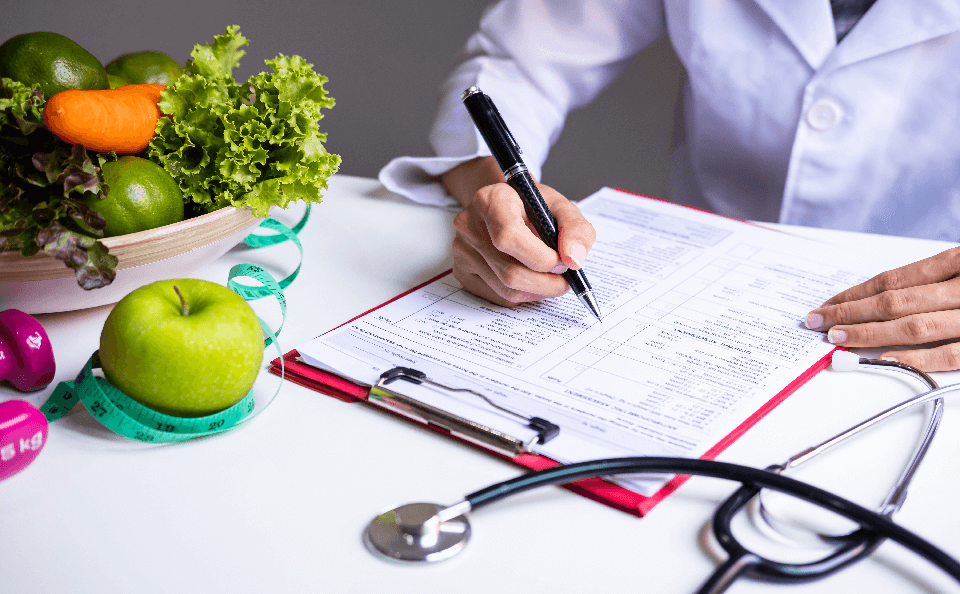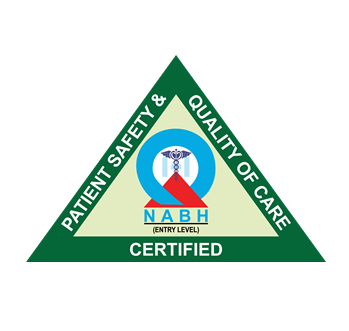
What to Eat and Avoid for Acidity and Gas Problems
Although gaseous distension and acid reflux discomfort are especially prevalent in today’s society, they are known to be mild in nature. These symptoms often cause discomfort, bloating, and a burning sensation and at times a mild ache. Food choices and dietary habits greatly impact these symptoms, often either exacerbating or alleviating them. Adhering to dietary tips on what to include and avoid for acidity and flatulence can significantly enhance digestive comfort, well-being, and health.
Understanding Acidity and Gas Problems
Acidity is often associated with acid reflux and is characterised by the upward movement of stomach acid to the oesophagus, resulting in a burning sensation in the chest or heartburn. Flatulence is a condition where excessive air, either ingested or as a result of bacterial breakdown of certain foods in the intestines, accumulates in the digestive tract.
What Diet Does Concerning Acidity and Gases
Some foods are known to stimulate the stomach to produce more acid or relax the sphincter that maintains the acid in the stomach, thus increasing the chance of reflux. Some foods are known to produce more acid when metabolised in the intestines. A high-fat diet, or heavily processed spicy foods, may worsen these symptoms, along with a balanced diet containing high, which aids in digestion and can help with these processes.
Elements of portion sizes, meal time, and drinking exercises are also key. For instance, consumption of large portioned meals, remaining horizontal after meals, and high consumption of caffeinated drinks are potential risks, even in healthy individuals.
Restricted Diet with Gases and Acidity
Presumably feeling anxious, distressed, and bloated, it may be worthwhile to consider removing the following spicy and greasy foods, erratic eating, or high sulfur foods as these might exacerbate or help induce.
- The consumption of aggressively spicy foods and oils, large amounts of chilli, pepper, and fried foods may increase the rate of stomach lining deterioration.
- As for the oranges, lemons, and grapefruits, they are categorised as citrus fruits, and for certain individuals, they are acidic and can amplify reflux.
- The sauces and ketchup are examples of tomato-based products that are also acidic.
- The blowing of gas can be worsened by the raw consumption of onions and garlic, and carbonated beverages, as they are gaseous in nature.
- Energetic beverages, tea, and coffee can relax, thus, for the consumption of tea and coffee, they are categorised as caffeinated beverages.
- Other beverages that come under the category of alcohol can also increase the gas as well as the irritation in the stomach.
- Other examples of caffeine and gas-producing products that are also put under processed fatty foods are bacon and sausage; thus, for the consumption of bacon and sausage, they are categorised as processed fatty foods.
- The consumption of products that are classified as chocolate can also increase the caffeine and, in return, produce gas as well.
Foods That Can Help
Stomach burning can be reduced and managed through the consumption of certain gentle foods, such as the products listed below.
- Treats such as bananas are not only soothing for the stomach, but also help in managing the acid levels as well.
- As for the foods listed above, green vegetables such as spinach, broccoli, and cucumbers are low in fat, aiding in the absorption of excess stomach acid.
- Other fruits such as watermelon and muskmelon can be categorised under low-acid fruits along with the foods listed above, thus providing good aids in managing stomach fats and acids.
- Whole grains such as barley, brown rice, and whole wheat bread are beneficial for digestive health and may alleviate reflux symptoms.
- Low-fat dairy products such as plain yoghurt and skim milk are helpful neutrals for acid and thus are beneficial counter acids for reflux.
- Some herbal teas, like chamomile is beneficial for calming the digestive tract.
Habits Concerning Meals
- While what food choices are made is critical, the eating methods are also important.
- Instead of consuming large meals infrequently, aim to eat smaller meals more often.
- Do not lie down for 2-3 hours after eating.
- Slowly and thoroughly chew your food.
- Avoid drinking large amounts during meals, but drinking small amounts repeatedly throughout the day is recommended.
- Maintaining a healthy weight is critical to reducing pressure on the stomach.
Diagnosis of Chronic Acidity and Gas
- Review of medical history and a comprehensive health assessment.
- Endoscopy to check the oesophagus and stomach for any irritation or damage.
- Monitoring pH levels of the oesophagus to check acid levels.
- Patient ultrasound or imaging to rule out other digestive issues.
- Breath testing indicates a diagnosis of certain bacteria or food intolerances.
- This approach helps to determine whether the symptoms are purely dietary or whether there is an underlying cause that would need more precise intervention.
Lifestyle and Home Remedies
In addition to diet, making some lifestyle changes can be beneficial:
- Prevent acid reflux during sleep by slightly elevating the head.
- Alleviate stress with yoga, meditation, deep breathing, and similar practices.
- Identify and avoid personalised trigger foods with the help of a food diary.
- Refrain from smoking because it weakens the muscle responsible for maintaining stomach acid.
Frequently Asked Questions
Q1 Can a diet be the only approach to curing acidity and gas?
Changing dietary and eating patterns can help a lot of individuals; however, it needs to be approached with caution. If the root cause is some medical condition, then in addition to the diet, treatment will be necessary.
Q2 Is milk a friend when it comes to acidity?
In some cases, low-fat milk as well as plain yoghurt can alleviate acidity; however, high-fat dairy exacerbates the symptoms. It is advisable to watch how your body responds.
Q3 After eating, how much time is appropriate before lying down?
It is advisable to wait for a minimum of two to three hours post-meal to lie down. This helps to reduce the likelihood of the reflux of acid into the oesophagus.

